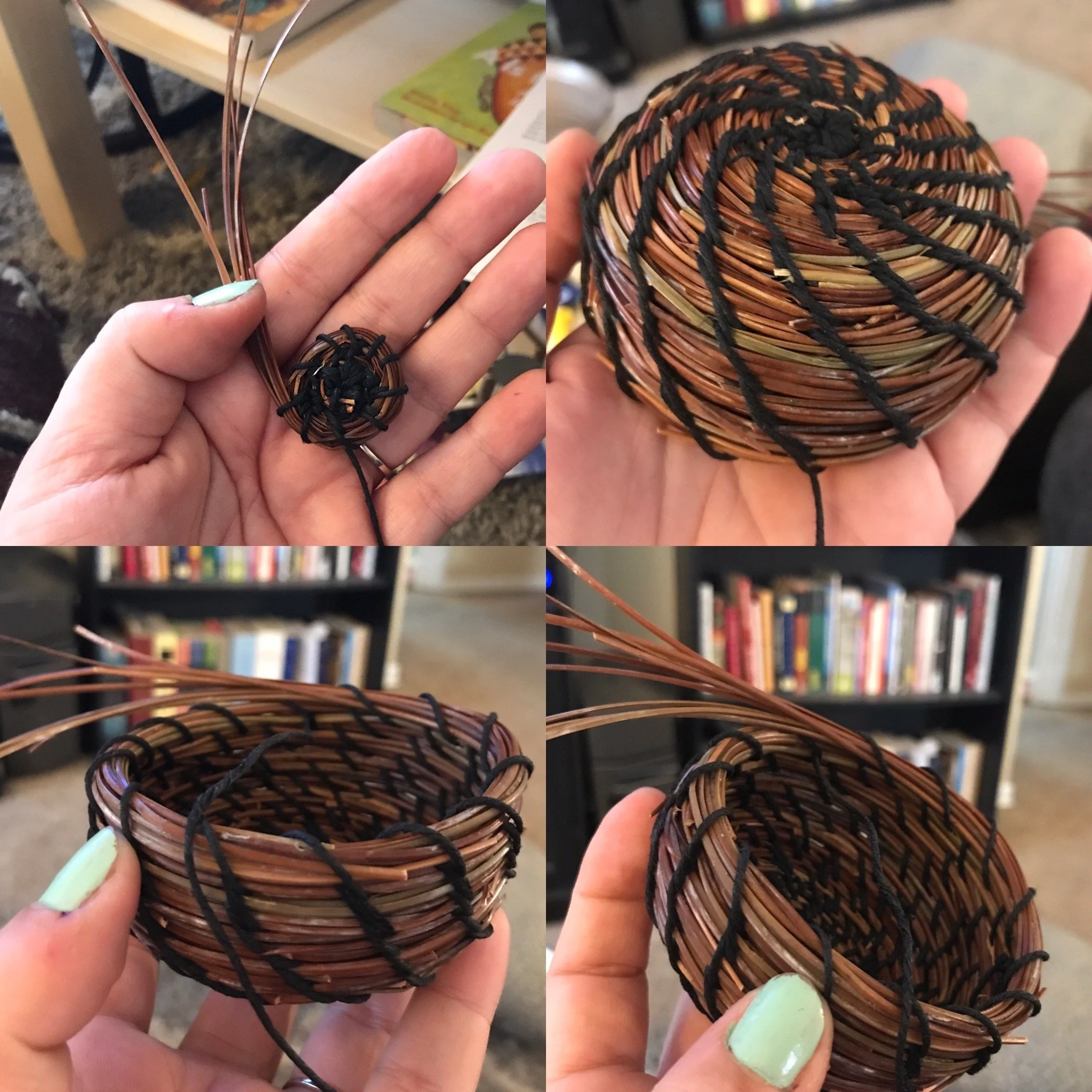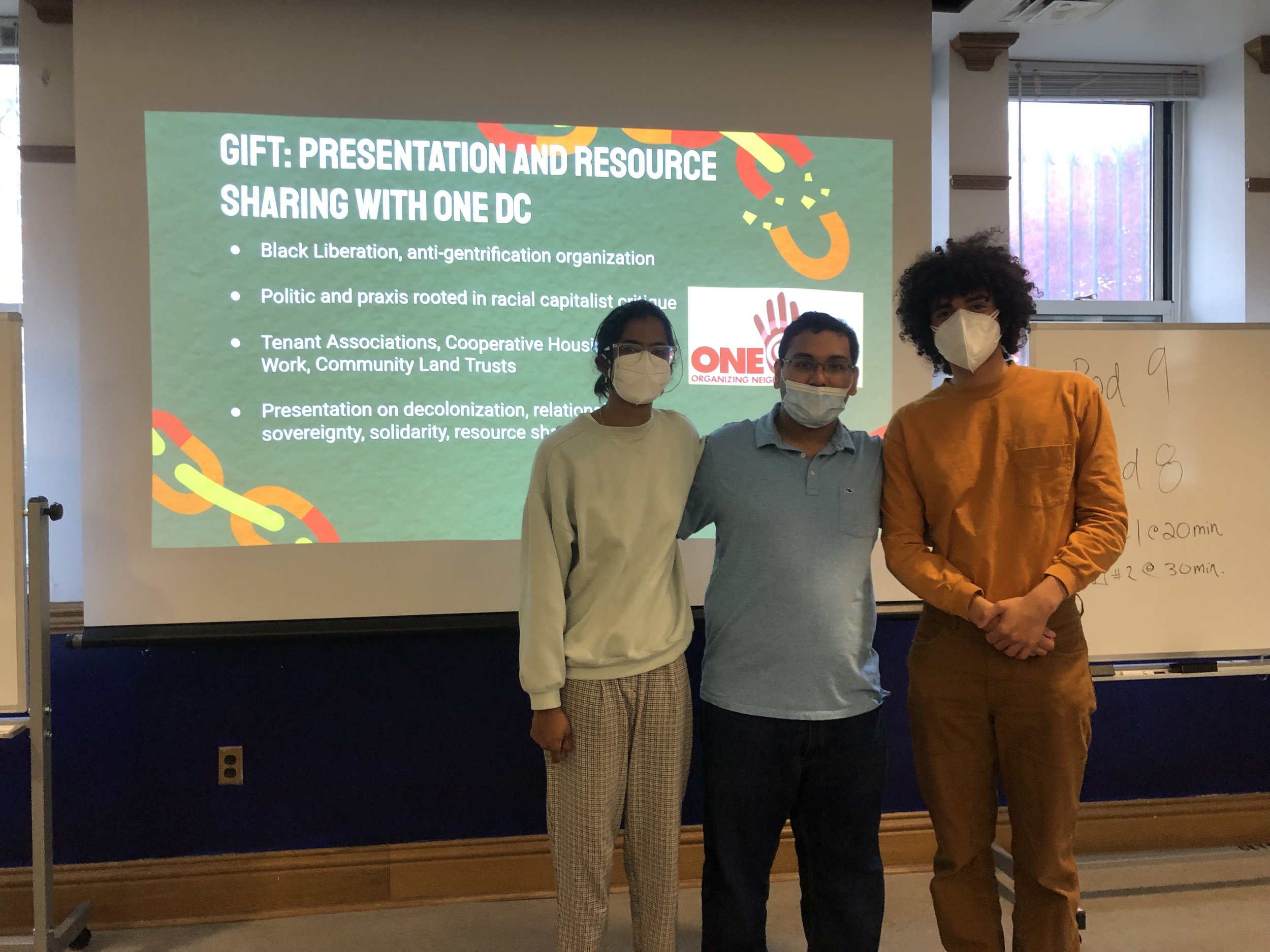Teaching Philosophy
Mission:
To create an educational journey where cutting-edge Indigenous knowledge systems are actively integrated into every aspect of learning. In my classroom, this integration happens through hands-on engagement with contemporary Indigenous issues, dynamic discussions that connect past wisdom with present realities, and the implementation of teaching methods that reflect Indigenous epistemologies. This approach underscores the relevance and necessity of Indigenous knowledge in crafting sustainable solutions for our world today.
Vision:
My vision is to collaborate within an educational paradigm where Indigenous knowledge is not just included but is a driving force in shaping academic discourse and practice. I envision a future where academia is a catalyst for environmental and social justice, with classrooms being the crucibles where the next generation of leaders are forged, ready to face global challenges with wisdom, empathy, and resilience.
Values:
Building Authentic Relationships
I am committed to facilitating deep, meaningful connections in the classroom, where every student's background and experiences are valued. This involves recognizing each student as a unique individual carrying with them their ancestral traumas and resilience. By nurturing these connections, we create a learning environment grounded in respect, understanding, and shared humanity. I measure my success as an educator by the relationships my students form with the texts, with one another, and with myself, always with the goal that these relationships continue to flourish outside of the confines of the classroom and semester.
Transformative Justice
My teaching practice is rooted in the principles of transformative justice, and in my background in early childhood education. Each student's vulnerability and willingness to engage in collective learning are seen as sacred and brave acts. I honor students not only as individuals but as carriers of their ancestral legacies, creating a space where their voices contribute to a healing and empowering educational experience. We do not ignore the power dynamics that Western educational spaces reinforce, rather, we name them, challenge them, and co-create brave spaces to confront injustice as a team of learners.
Empowerment through Knowledge-Exchange
In my classroom, empowerment comes from a blend of rigorous intellectual inquiry and the nurturing of socio-emotional intelligence. Students are equipped with critical thinking skills enabling them to become thoughtful, compassionate, and effective change-makers in their communities and beyond. Propositional knowledge is not the only form of knowledge that is valued in my teaching philosophy; felt, embodied, spiritual, and ancestral knowledge are also valid and cherished forms of knowing.
Course Materials
-

Indigenous Feminisms
Click here for course materials.
-

Indigenous Aesthetics
Click here for course materials.
-

Knowledge and the Colonial Archive
Click here for course materials.
-

Topics in Anti-Colonialism
Click here for course materials.
-

Intro to Indigenous Philosophy
Click here for course materials.
-

Indigenous Philosophy of Language
Click here for course materials.
-

Intro to Ethics: Ethical Issues and Indigenous Communities
Click here for course materials.